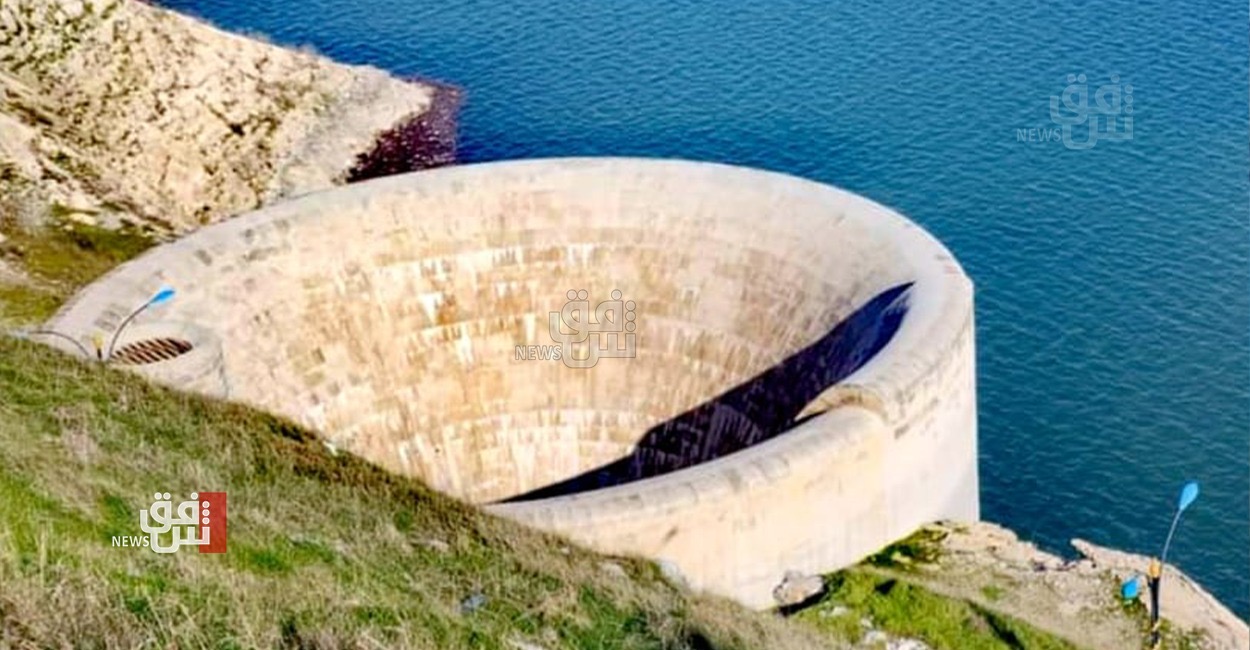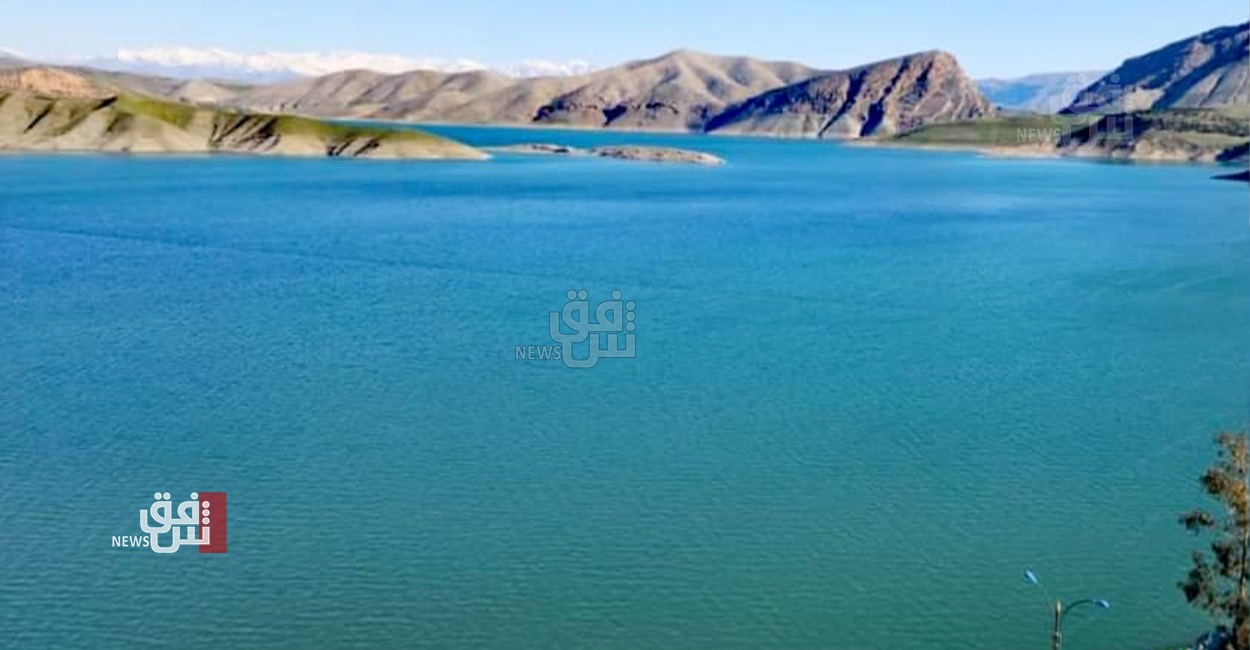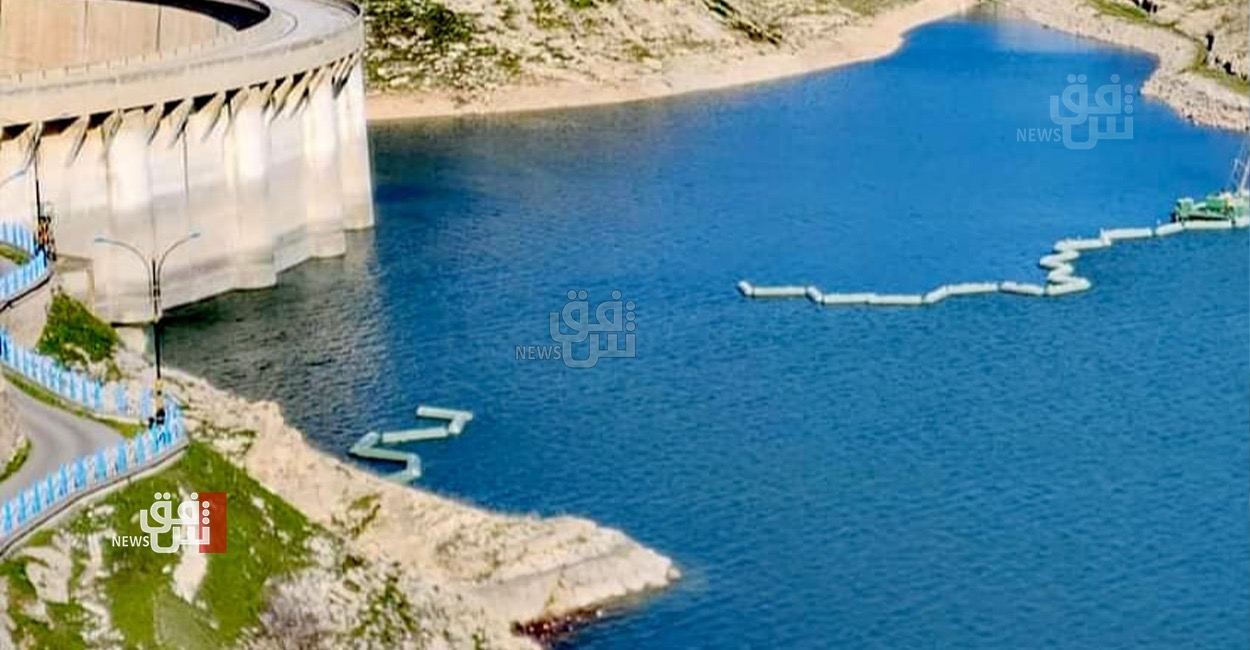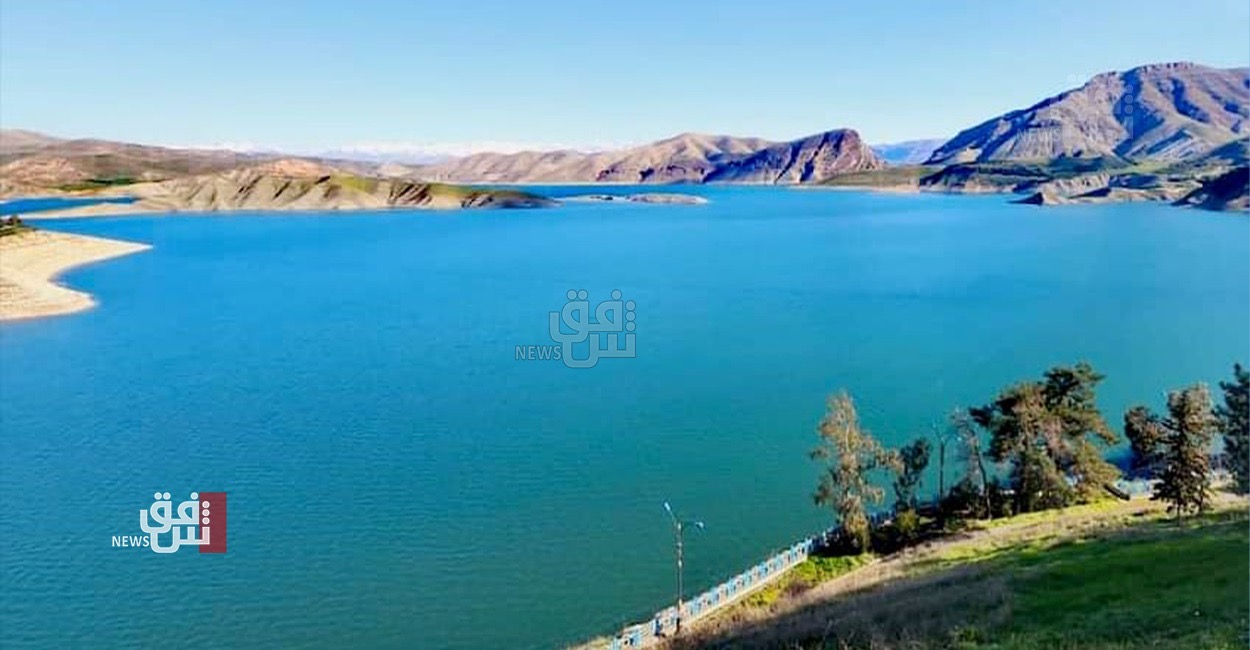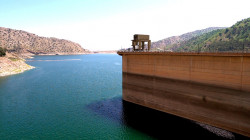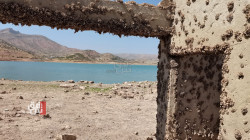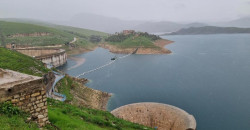Kurdistan dams see rise in water levels thanks to recent rains
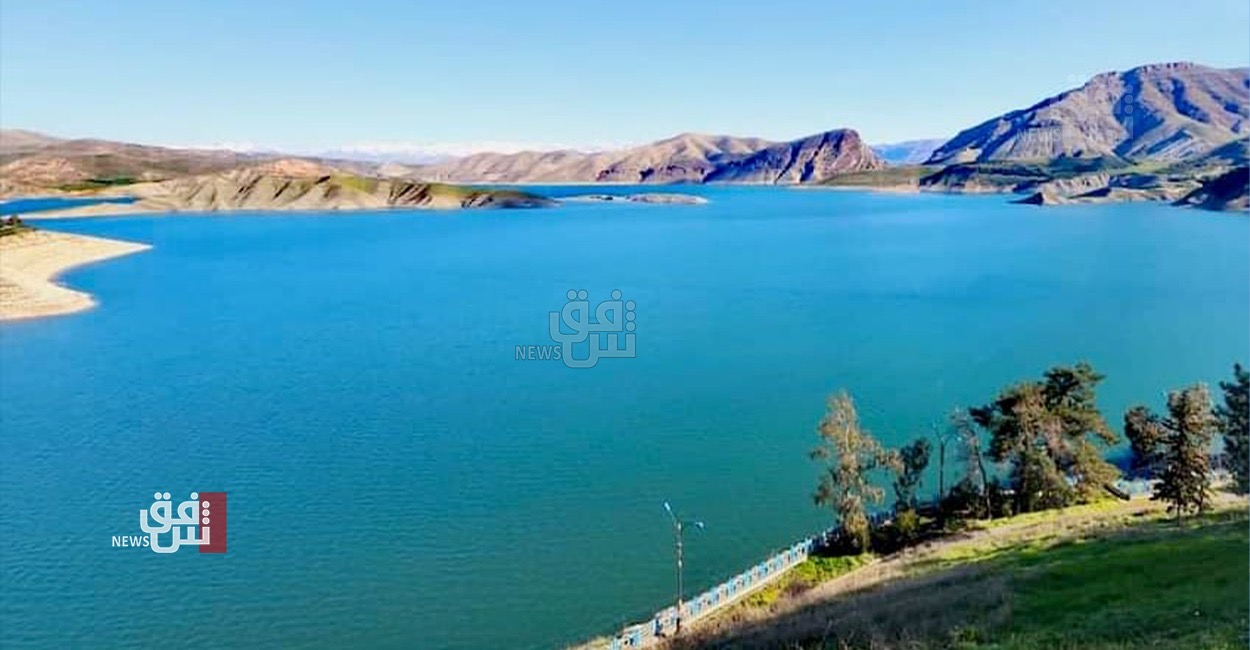
Shafaq News/ Water levels in the Duhok and Dokan dams, key reservoirs in Iraq's Kurdistan region, have seen a significant rise compared to last year, thanks to recent heavy rainfall.
The head of Kurdistan's dams directorate, Rahman Khani, told Shafaq News Agency that the Duhok dam's water level now stands at over 14.5 cubic meters, while the Dokan dam holds over nine cubic meters.
"Both Duhok and Dokan dams have experienced a remarkable rjse in water levels compared to the previous year," Khani said.
He attributed the rise to the substantial precipitation witnessed since mid-February and expressed optimism for further rainfall in the coming months.
Acknowledging the positive change, Khani cautioned that concerns about drought and desertification remain. The current water levels in the dams haven't reached a level considered completely safe.
"Scientific data won't be reassuring until the dams reach full capacity, which hasn't happened yet," Khani explained. However, assured that the "agricultural season is safe thanks to the abundant rain and increased water reserves in the dams."
Kujar Jamal, the director general of the Dokan dam, said that water levels has increased by 3.5 cubic meters since February 14th and a 9.5 cubic meters since December 2023.
"This translates to approximately 2 cubic meters more water than what the dam held at this point last year," Jamal added.
"Dokan dam's total water storage capacity is seven million cubic meters, with the current level at 2.5 million," he continued. "This represents 36% of the total capacity, which, while not optimal, is an improvement compared to the previous two years."
In October 2023, Iraq's water resources ministry announced a plan to build 36 dams across the country in 2024 in an attempt to combat worsening drought and water scarcity.
In March 2023, Iraqi Prime Minister Mohammed Shia al-Sudani met with Turkish President Recep Tayyip Erdogan in Ankara where he sought to increase the release of water downstream to Iraq. Erdogan agreed to double the water release from the Tigris River for a period of a month.
A report by Iraq's Ministry of Water Resources towards the end of last year predicted that unless urgent action is taken to combat declining water levels, Iraq's two main rivers will be entirely dry by 2040.
According to the United Nations, Iraq is among the countries most vulnerable to climate change, including water and food insecurity. It is facing a severe water shortage because of reduced precipitation and higher temperatures, waste, and mismanagement. The crisis is worsened by dams upstream in Turkey and Iran that have led to a significant decrease in the volume of water entering the country.
The UN Environment Program (UNEP) has long warned that water availability in Iraq will decrease by around 20 percent by 2025, threatening the long-term stability of agriculture and industry sectors.
